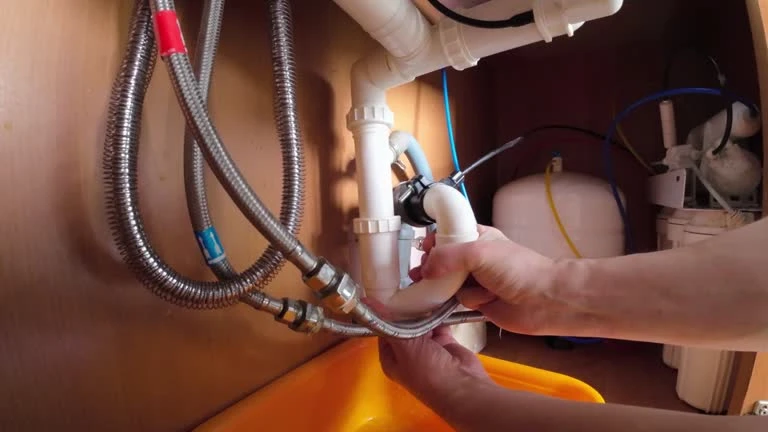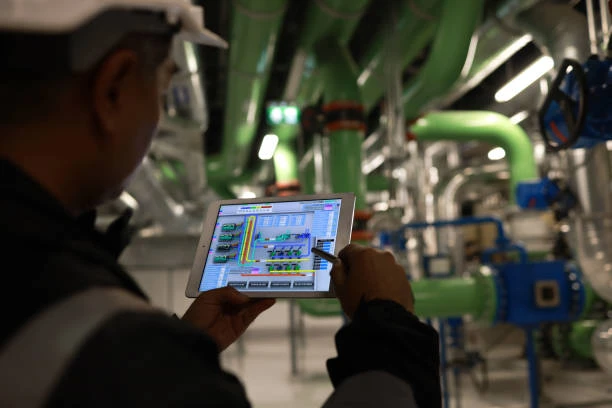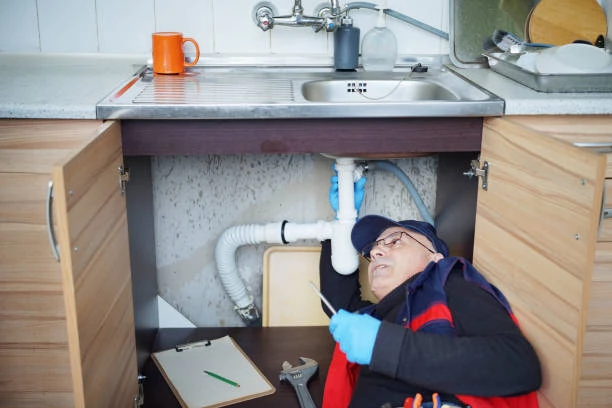Introduction to Heat-Resistant PVC Valves
Heat-resistant PVC valve withstand extreme temperatures while maintaining durability. These valves suit industries like chemical processing, water treatment, and manufacturing. Unlike standard PVC, heat-resistant variants handle temperatures up to 200°F (93°C) without deformation. Manufacturers enhance PVC with additives to improve thermal stability. This makes them ideal for high-temperature fluid control.
For example, in hot water systems, these valves prevent leaks under prolonged heat exposure. Their lightweight design ensures easy installation compared to metal alternatives. Engineers prefer them for corrosive environments due to their chemical resistance. Heat-resistant PVC valves also reduce maintenance costs over time.
Key Properties of Heat-Resistant PVC
Heat-resistant PVC offers excellent mechanical strength under stress. It resists cracking, even in fluctuating temperatures. The material retains flexibility, preventing brittleness in cold conditions. Additives like stabilizers and lubricants enhance performance. These modifications extend the valve’s lifespan in harsh settings.
UV-resistant formulations protect outdoor applications from sun damage. The valves also resist acids, alkalis, and salts, ensuring reliability in chemical plants. For instance, in wastewater treatment, they endure aggressive disinfectants like chlorine. Their smooth interior minimizes friction, improving flow efficiency.
Applications in Extreme Environments
Heat-resistant PVC valve excel in industrial and commercial settings. They manage steam, hot liquids, and aggressive chemicals safely. Power plants use them for cooling systems requiring high-temperature resistance. Food processing facilities rely on them for sanitary liquid transfer.
In solar heating systems, these valves handle boiling water without failure. Oil refineries deploy them for corrosive fluid control. Their non-reactive nature prevents contamination in pharmaceutical production. Even in geothermal systems, they maintain performance under intense heat.
Advantages Over Traditional Materials
Heat-resistant PVC valve outperform metal and standard plastic alternatives. They resist corrosion, unlike steel or iron valves. Their lightweight nature reduces installation labor and costs. They also dampen noise better than metal valves during operation.
These valves require no painting or coating to prevent rust. They offer better flow rates due to smooth inner surfaces. For example, in irrigation systems, they ensure consistent water delivery. Their affordability makes them a cost-effective choice for large-scale projects.
Manufacturing and Quality Standards
Producers use high-grade PVC resins combined with thermal stabilizers. Advanced extrusion and molding techniques ensure precision. Quality checks include pressure testing and thermal cycling. Certifications like NSF, ASTM, and ISO guarantee safety and performance.
For instance, NSF-61 certification ensures drinking water compatibility. Manufacturers conduct stress tests to simulate decades of use. These processes ensure valves meet industry demands. Consistent quality control prevents defects in final products.
Installation and Maintenance Best Practices
Proper installation maximizes valve performance and longevity. Ensure pipes align correctly to avoid stress on connections. Use compatible seals and gaskets rated for high temperatures. Avoid overtightening fittings to prevent cracks.
Regular inspections detect wear before failures occur. Clean valves periodically to remove debris buildup. Lubricate moving parts if specified by the manufacturer. For example, in chemical plants, schedule checks after exposure to harsh substances.
Innovations in Heat-Resistant PVC Technology
Recent advancements improve valve performance in extreme conditions. Nano-additives enhance thermal resistance without sacrificing flexibility. Smart valves with sensors monitor temperature and pressure in real time. Self-lubricating designs reduce maintenance needs.
For example, some valves now integrate IoT for remote diagnostics. Recyclable PVC formulations support sustainability goals. These innovations expand applications in cutting-edge industries.
Conclusion
Heat-resistant PVC valves provide reliable solutions for extreme conditions. Their durability, chemical resistance, and cost-efficiency make them indispensable. Industries continue to adopt them for demanding applications. With ongoing advancements, their performance will only improve. Investing in high-quality heat-resistant PVC valves ensures long-term operational success.
IFAN Products international standards
IFAN products strictly adhere to a comprehensive range of international standards, encompassing ISO 15874, EN 15874, ASTM F2389, DIN 8077/8078, GB/T 18742, NBR 15884, ISO 15494, EN ISO 15494, GB/T 19472, NBR 15494, ASTM 2846 (501), DIN 8079/8080 (502), ASTM F441/F441M SCH80 (503), DIN (504), DIN (505), GB/T 18993, AS/NZS 1477, CSA B137.6, NSF/ANSI 14, TIS 17-2532/1131-2535, BS 3505, BS 4346 (801), ASTM D1785 SCH40 (802), ASTM D1785 SCH80 (803), DIN (804), GB (805), GB (806), GB(901), DWV(902), ASTM D2665 (903), along with ASTM D2241, D2665, D2729, and F441/F441M series, ISO 1452, EN ISO 1452, DIN 8061/8062, GB/T 10002, AS/NZS 1477, JIS K6741, CSA B137.3, and other national and industry norms.
Connect
IFAN is a Chinese manufacturer of plastic pipes, fittings and valves with 30 years of experience. If you are interest in IFAN copper fittings, copper valves, plastic pipes and fittings, please contact us. IFAN offers you a variety of standard pipes to meet your specific needs. Click below to learn more about IFAN’s wide range of affordable and cost-effective valve products and piping system related products.
We will reply your email or fax within 24 hours.
You can call us at any time if there is any question on our production.
For more information,pls visit our webside https://waterpipefitting.com/
Pls Mailto: [email protected]
Whatsapp: +86 15088288323














Recent Comments